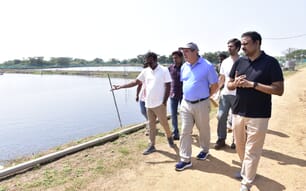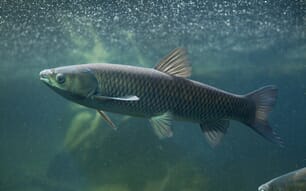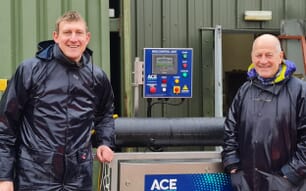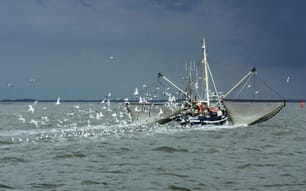Customs and Border Protection is challenging the country of origin of his company’s product based on laboratory test results, but has been unwilling to discuss the laboratory testing that made the determination.
According to PacificShipper, Erwin Sutanto is president-director of Jakarta-based CP Prima. The news organisation says that last August, Customs began detaining containers of the company’s frozen shrimp at the Port of Los Angeles. Officers said that trace mineral tests indicated that the crustaceans were transshipped from China. So far, Customs has held about 40 containers. Some were later released, but Customs hit importers with a 112 percent anti-dumping duty.
CP Prima vigorously disputes the transshipment allegation, and said the Customs’ testing was invalid for determining the origin of farm-raised shrimp. “The typical way to discuss country of origin is through production records,” Sutanto said. “We have them all the way back to the brood stock. For every bag of shrimp that we sell, we can tell you which farm it came from, what the growing conditions were, where the feed came from, and even the mother of the shrimp. That’s not easy to find in our industry.
“This lab test, unfortunately we don’t know what it is,” Sutanto told PacificShipper. “We don’t exactly know which minerals they’re testing for, or how they came up with the conclusion that the shrimp are from China and not Indonesia.”
Customs officials declined to comment about CP Prima or the laboratory testing, saying the case is still under investigation. CP Prima representatives met with Customs in November. Attorney Susan Kohn Ross, who represents CP Prima, said Customs indicated it would send investigators to Indonesia to sample the company’s production ponds, but has not done so.
COOL Shrimp Tests Baffle Authorities
INDONESIA - One of the world's largest grower/processors has come under attack for its country of origin testing methods. Customs and border protection have said that they do not even understand how the tests came to such conclusions.




